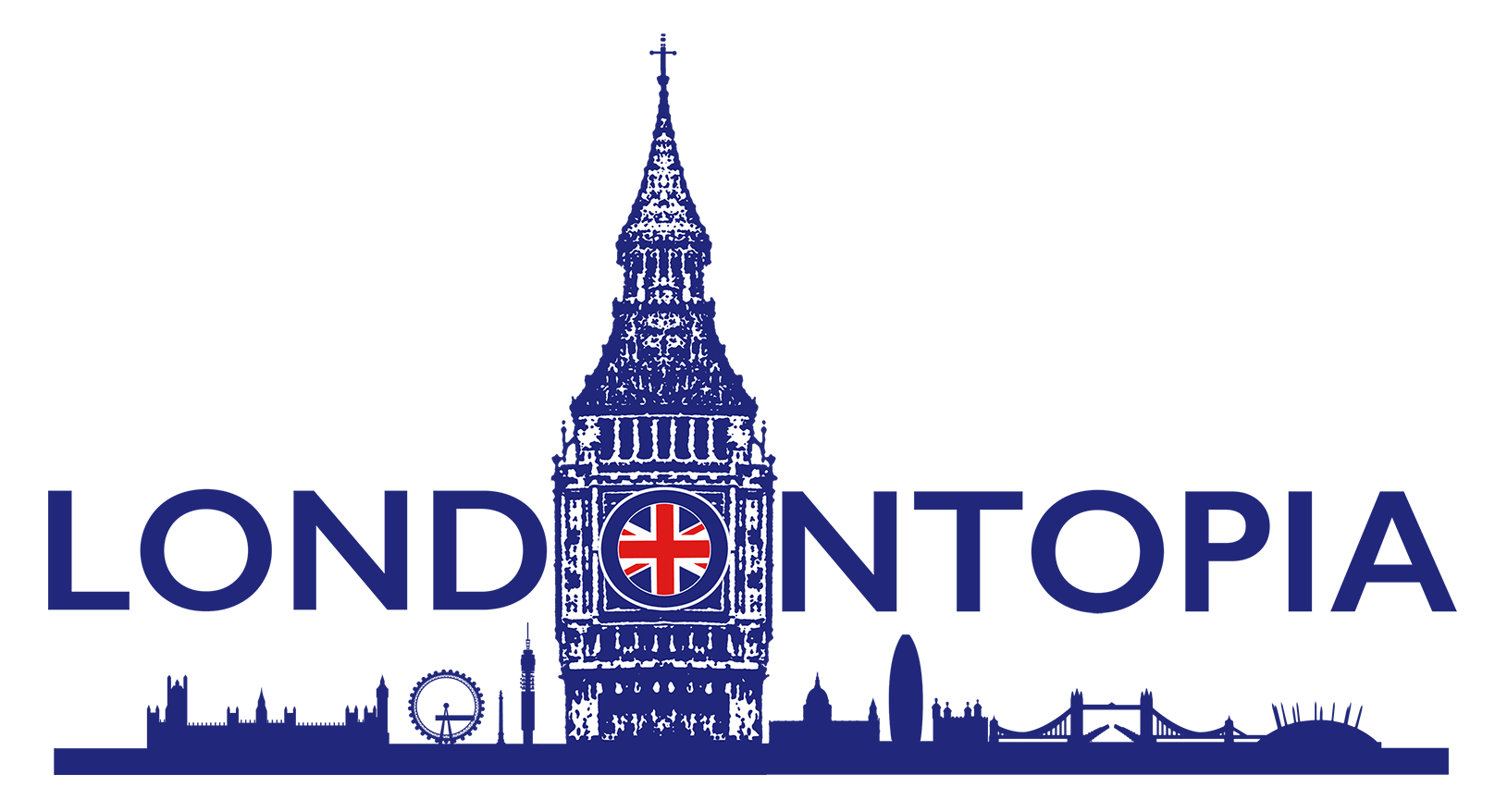The English language has spread across the world rapidly like wildfire. Yet, very few can speak and write it like the Brits themselves. This is largely due to the ignorance of the unique British slang words and meanings, which are replete with interesting and captivating characters that you must have encountered in British television shows, such as The Crown or Peaky Blinders if you are a fan. Though captivating when used in conversations, educators discourage students from using them in writing their formal essays. If you are one such student and want to learn about these words to improve the quality of your writing, here is a list of 17 British slang words and phrases to complement your vocabulary.
10 British Slang Words for Students to Learn
1. Bloody
Bloody has to be the most popular British slang word globally and needs no further clarification. Originally labeled a cuss word, the word emphasizes the word it precedes. For instance, you could say, “I bloody love chicken” when you are describing how much you like chicken.
2. Bonkers
Bonkers is another common British slang word. It can either be an expression of anger or a reference to something crazy. When using this word, you might want to precede it with the words “completely” or “go” to achieve full effect. For example, you could say, “He has gone completely bonkers, that one” to refer to an individual you think may have lost their wits.
3. Buzzin’
Buzzing could be fairly common worldwide, though it likely originates from the British Isles. Basically, it is code for being tipsy or excited. If you happen to travel to the city of Manchester, you will find buzzin’ to mean mainly the latter. Case in point: Someone in Manchester might say something like, “I am buzzed about this weekend” to reference their excitement, whereas somewhere in London, one might say that they are “buzzed” to imply their drunken state.
4. Gutted
In informal British English, to gut means to disappoint or upset someone extremely. It is a word that expresses contextual emotion and is attributable to an American journalist’s book on the 1986 war in Vietnam. For instance, you could say, “The whole workforce felt gutted in the new pay structures,” highlighting the employees’ disappointment with the new remuneration.
5. Bevvy
It is one of the simplest British slang words, though easily conflated with “bev,” which is another British slang for an attractive man. It is a short form of beverage, particularly beer. If you are in the UK and want to ask someone out for a beer, for example, you could simply say, “Are you up for bevvy tonight?” They will automatically know you want to buy them a beer.
6. Dodgy
Have you ever encountered someone who displays a suspicious or sketchy demeanor? If you have, then you have officially met a “dodgy” character, according to British slang. A dodgy person is unreliable and untrustworthy. Also, the word could refer to food that has gone stale. For example, you could say, “I am not eating that food; it’s dodgy,” meaning the food is likely bad for consumption.
7. Muck
You have probably heard of the phrase “mucky waters” and perhaps inferred it to mean water that is dirty. Indeed, the word is one of the best British slang words for dirt and other disgusting waste matter like slush or industrial sludge. It is ubiquitous across the UK. While many students might be tempted to use it in formal writing, remember it is still an informal way of communicating in English.
8. Tosh
Tosh means nonsense. The Brits use it to dismiss anything they consider nonsensical. Ideally, many people apply the word in the same manner they would some British slang words like “poppycock” or “baloney”. For instance, one could say that talking about human beings being immortal is all tosh.
9. Wanker
Being called a Wanker in Britain should alarm you if you are visiting the country. This is because the word is one of the several British slang words that refer to a contemptuous, unpleasant, stupid, or obnoxious person. Case in point: a pub attendant could be described as a “wanker” if they talk to customers rudely.
10. Hunky-Dory
Another interesting British slang word is hunky-dory, which means fine or okay. In most cases, it applies a response to a question inquiring how one’s day is going. It’s worthwhile noting that even if you become acquainted with this word after visiting the United Kingdom, you shouldn’t include them in your academic essays and research papers. As an option, you can hire essay writer on CustomWritings and you don’t have to worry about the difference between slang and formal words when writing your homework – this company ensures that you are hunky-dowry when juggling between academics and other important things like entrepreneurship and co-curricular activities.
Other British Slang Phrases You Should Know
1. Take the mickey
If you hear this phrase while in the UK, someone is probably teasing another, making them look foolish. Ideally, taking the mickey out of someone is to make fun of them. Therefore, ensure no one takes the mickey out of you while in the British Isles.
2. Hold your horses
The phrase is very common and emphasizes the need for patience and critical thought before making a decision. Fundamentally, it is a statement that discourages haste in any given situation. For example, a mother could exclaim to her child, “Hold your horses, young man, the food is not ready,” to implore him to be patient.
3. Fine and dandy
The phrase is pretty self-explanatory. Brits use it to refer to a situation that is good or turning out well. You could also say you are fine and dandy, meaning you are well and have no issues affecting you at the moment.
4. What a load of poppycock
The British expression emanates from the Dutch words “kak” and “pap,” which roughly mean “soft dung.” Fundamentally, the phrase is dismissive of what someone would label as nonsense. Therefore, you could use it to imply that something is nonsensical.
5. Bob’s your uncle
Of all the British slang words and phrases, this can be quite confusing if you have no idea what it implies. Brits use it to refer to tasks or responsibilities that appear more challenging than they are in reality. For example, you could say, “To survive on London streets, learn the slang, and Bob’s your uncle,” to mean once you learn the slang, thriving in this society becomes easy.
6. A piece of cake
The phrase is quite common globally and refers to something that is very easy to achieve or do. For instance, you could say that students who love the English language consider writing essays a piece of cake. This means writing essays is very easy for them to do.
7. A happy bunny
When an Englishman says he is a happy bunny, he simply refers to his happiness and satisfaction in a given situation. It is one of the easiest British slang phrases to understand. It is likely that after you know these British slang words and phrases, you will become such a happy bunny.
The next time you are in the UK or talking to an English person, try using some of these words and phrases to spruce up your conversations. However, do not be tempted to use them in writing academic papers, lest you want to undermine the quality of your work.

